Program

Nombre: Doctorado en Antropología/ PhD in Anthropology
Grado: Doctor en Antropología /PhD in Anthropology
Universidad: Pontificia Universidad Católica de Chile
Unidad Académica: Facultad de Ciencias Sociales – Escuela de Antropología
Año de creación: 2020
Año de inicio de actividades académicas: Primer semestre de 2021
Sede: Campus San Joaquín, Pontificia Universidad Católica de Chile
Modalidad: Presencial
Jornada: Diurna
Duración: 8 semestres
Dedicación: Exclusiva
Carácter: Académico
Descargar dossier en inglés launch
The Doctorate in Anthropology (PhD in Anthropology) is a full-time academic study program consisting of classes during the day. The doctorate in Anthropology (PhD in Anthropology) is a program targeting the development of autonomous research, specializing in researching socio-cultural phenomena and problems. Its graduates Will contribute to the advancement of knowledge in the field, with a strong background in theories and anthropological methodologies. They will be able to contribute as academics and researchers in higher education and research positions, among others. The program is comprised of faculty, with top-level expertise in anthropology and related social sciences.
Objetivo General
To nurture excellent researchers, capable of developing autonomous, original and specialized projects studying socio-cultural phenomena from an anthropological perspective. To contribute to the advancement of knowledge through solid training in anthropological theory and methodologies, enabling the PhD graduates to excel as academics and researchers in higher education and research centers, among others.
Specific objectives
- To provide the knowledge and training necessary to develop original and independent anthropological research at an advanced level.
- To enable students to develop advanced skills in anthropological research methodologies.
- To provide a space for rigorous reflection, which generates specialized and useful knowledge to help understand complex sociocultural problems.
- To develop students’ abilities to understand and critically intervene in sociocultural problems.
- To prepare students as teachers through university training tasks in the anthropological discipline.
- To provide the necessary training to recognize, discern and solve ethical problems that may appear in scholarly and more specifically, anthropological research.
Bachelor or Master’s degree in Anthropology or similar fields, academic excellence, and a genuine interest in social investigation.
Perfil de Egreso
The Anthropology Ph.D. Graduate:
- Will be prepared to autonomously formulate original research that includes a careful consideration of up-to-date anthropological theories.
- Will have advanced skills in methodology, which will allow them to investigate different socio-cultural realities, with the ability to adapt and the autonomy to solve problems while carrying out their research.
- Will be able, through rigorous anthropological reflection, to understand sociocultural problems, both empirically and conceptually.
- Will be able to take part in and lead disciplinary and interdisciplinary work teams in approaching complex sociocultural phenomena.
- Will be qualified to teach Anthropology at the university level.
- Will have the necessary training to fase and solve ethical problems that arise in research and in the management of research projects.
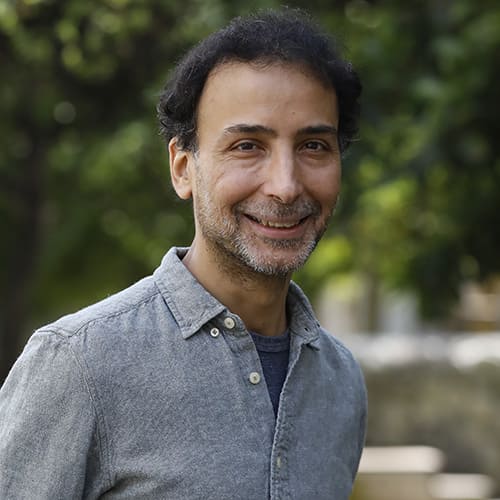
Ángel Aedo
Doctor en Antropología social y etnología, École des Hautes Études en Sciences Sociales
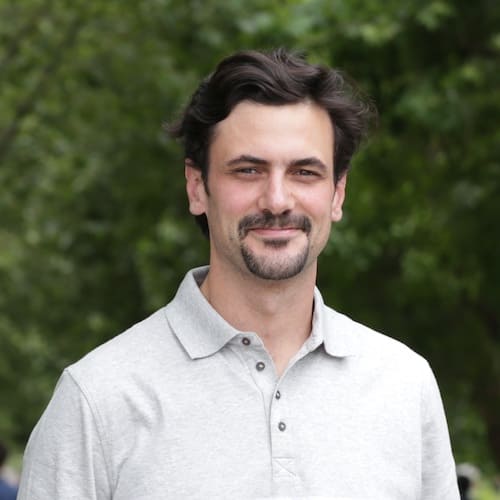
Cristián Simonetti
Doctor en Antropología Social e Investigador Postdoctoral, Universidad de Aberdeen

Diana Espirito Santo
Doctora en Antropología Social, University College London
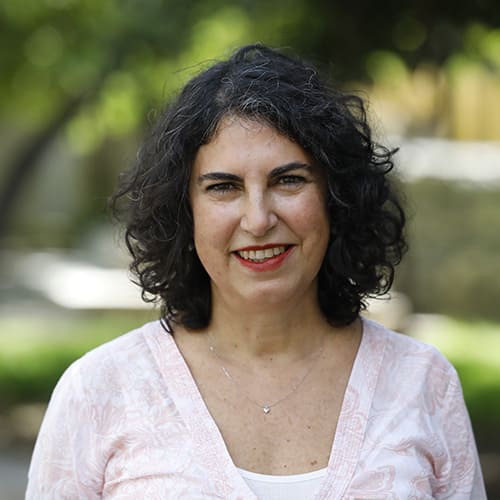
Giovanna Bacchiddu
Doctora en Antropología Social, University of St Andrews
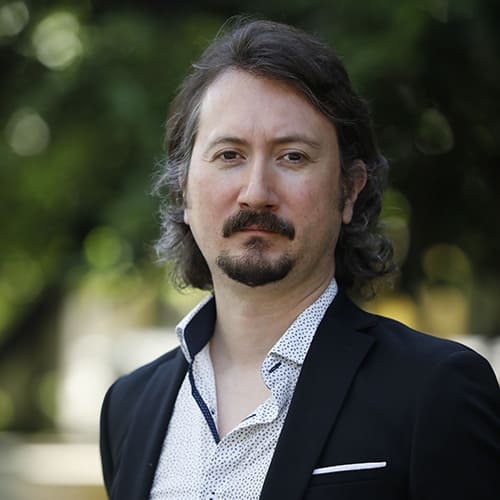
Marcelo González
Doctor en Antropología Social, University of Edinburgh
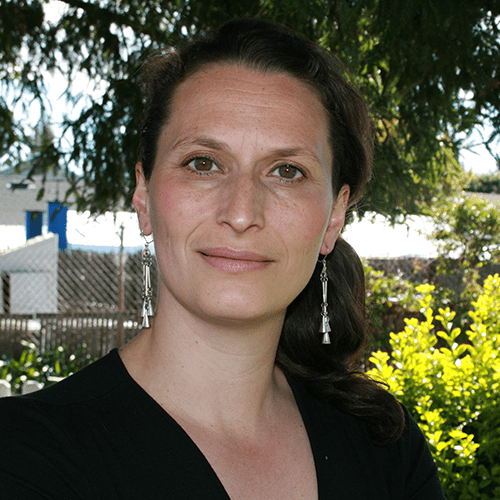
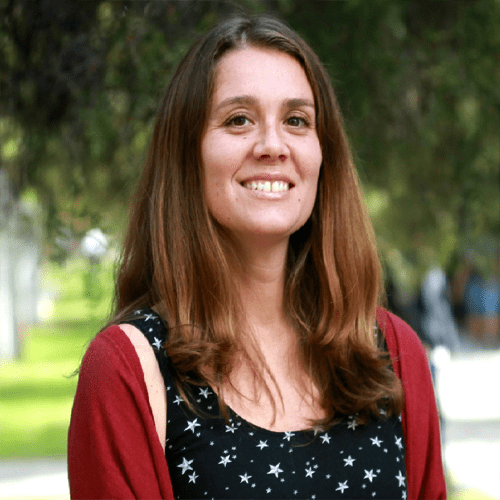
Marjorie Murray
Doctora en Antropología Social, University College London
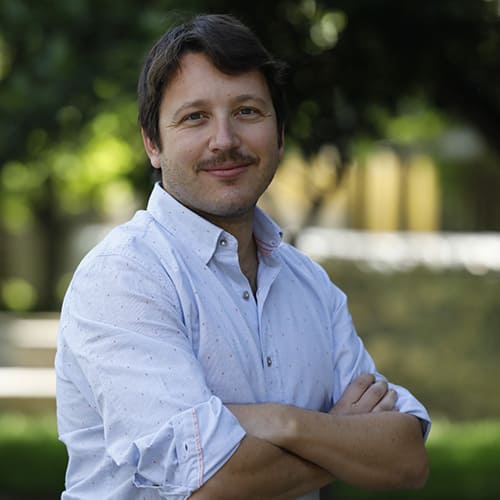
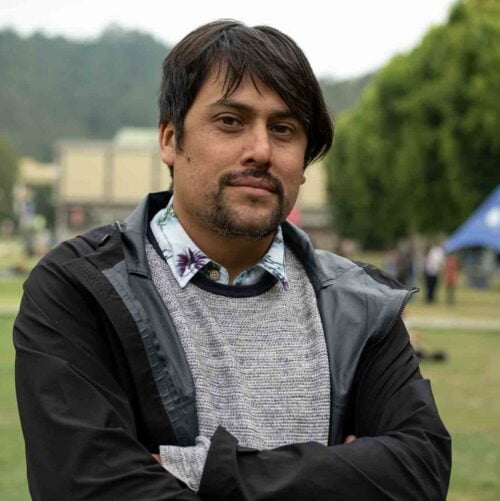
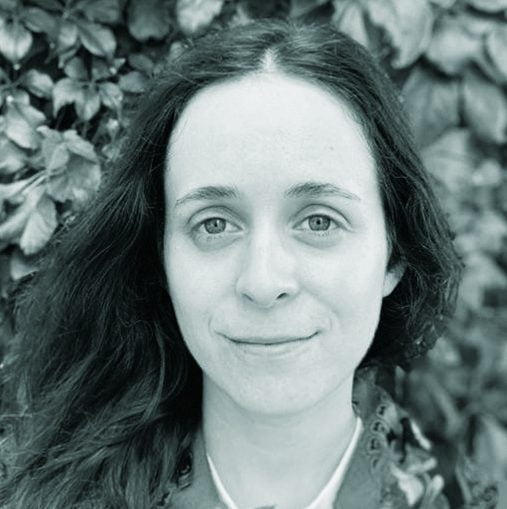
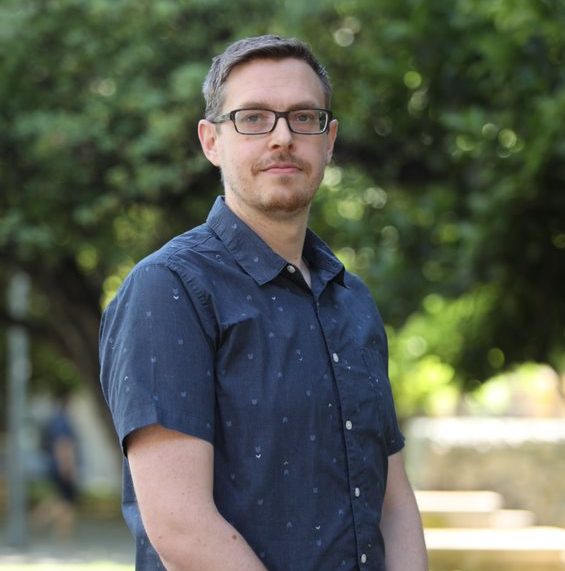
Andrew Webb
Doctor en Sociología de la Universidad de Cambridge, Reino Unido
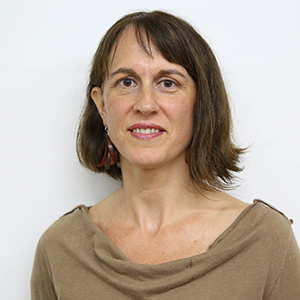
Laura Luna
PhD en Antropología Social. University of Manchester. Reino Unido
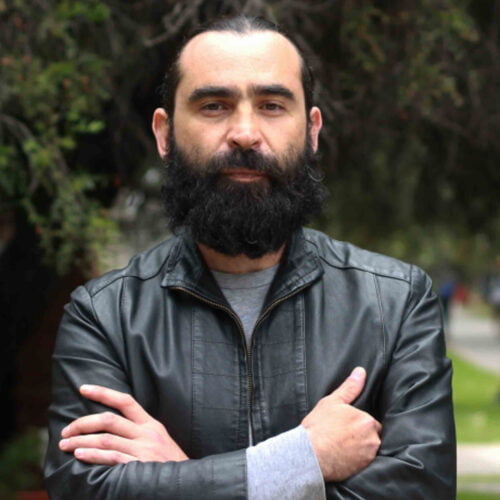
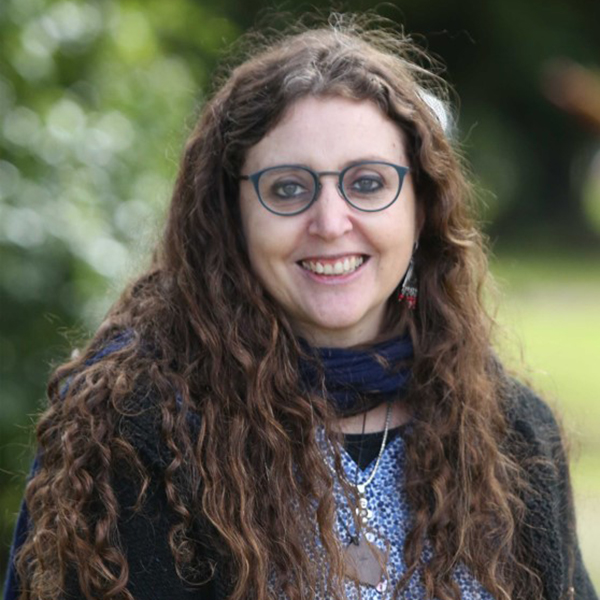
Francisca de la Maza
Doctora en Antropología, Centro de Investigaciones y Estudios en Antropología Social-CIESAS, México
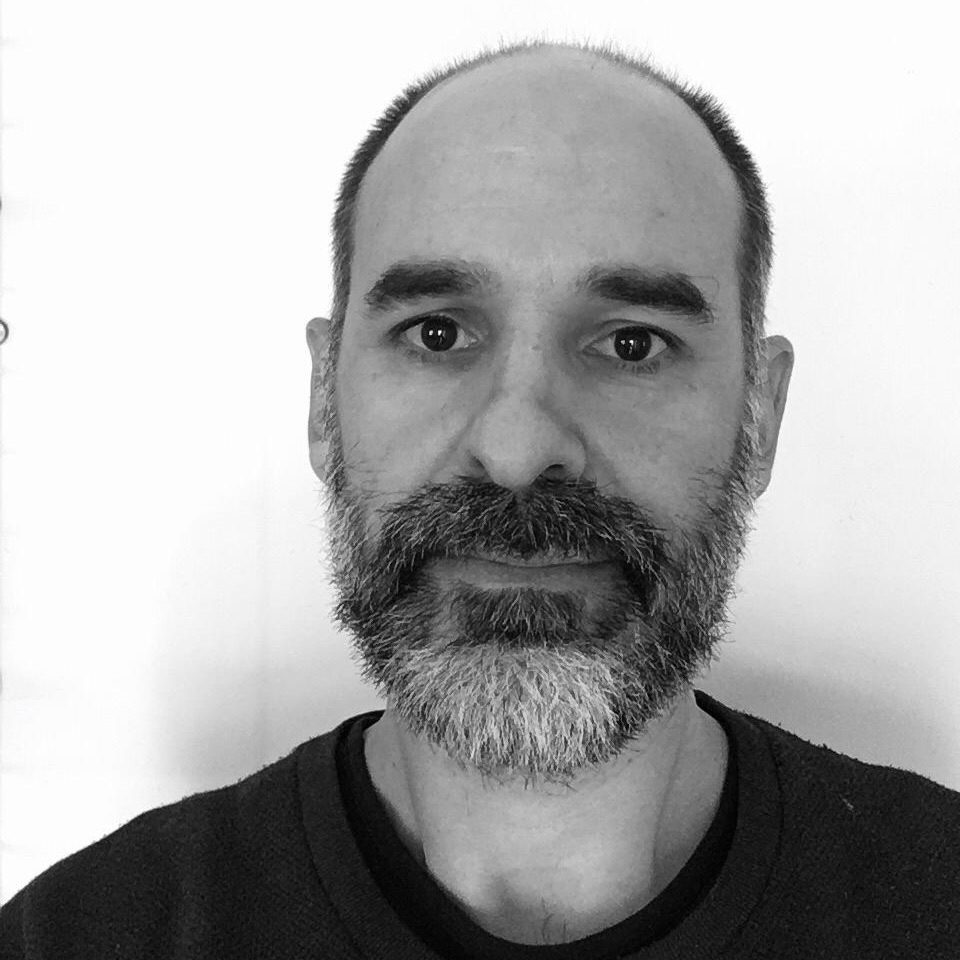
Sebastián Ureta
PhD en Media and Communications de la London School of Economics and Political Science
The program’s lines of research bring together theoretical and methodological approaches of relevance to contemporary debates within and outside the discipline.
Environment, development and sustainability:
This line articulates an interest in the ways in which humans relate to theirThis line articulates an interest in the ways in which humans relate to theirenvironment and its non-human agents, as they mutually constitute eachother. It encompasses a comparative consideration of the heterogeneousways of conceiving human ecology and life in general. The line inquires,among other themes, into environmental conflicto, development andsustainability, dynamics of extractivism, climate change, conservation andhabitability in the Anthropocene.
Governance and diversity::
This line develops interests in the problematization of different socialThis line develops interests in the problematization of different socialprocesses related to governance, political activism, and resistance, withparticular attention to the emergence of economic, political, ethnic, racial,and gender diversity. More specifically, this line articulates research aroundthe political dimensions of life, essential for the understanding ofcontemporary society, and includes topics such as structural violence,migration, social movements, democracy and citizenship, transitionaljustice, among others.
Kinship, religion and everyday life:
This line articulates questions on everyday life that are essential for antis line articulates questions on everyday life that are essential for anunderstanding of contemporary society, namely from the point of view ofintimate relations, domesticity, family, and the religious imagination. Morespecifically, the line places a diversity of themes at the forefront, such asconsumption, kinship, religión, the experience and concept of body, andmaterial culture, among others.
The international dimension of the Doctorate has established alliances as the focus of its development:
a) Institutional Development Grant del Wenner-Gren Foundation
The Wenner-Gren Foundation is the largest private, non-profit foundation that supports anthropological research worldwide. Since 2008, the Foundation has had a type of financing called the Institutional Development Grant (IDG), aimed at strengthening institutions and the internationalization of doctoral programs.
b) Double Degree with the University of Edinburgh
The Doctorate of Anthropology has a double degree agreement with the School of Social and Political Science at the University of Edinburgh. Each of the programs may annually admit a máximum of one double-degree PhD student. For more information, consult the Program Manager.
c) Academic Senate and Alliance with the Centro de Estudios Interculturales e Indígenas (Center for Intercultural and Indigenous Studies) – CIIR
The faculty of the senate and also the School of Anthropology have close links with CIIR. In this sense, the academic faculty has several previous international collaboration experiences with centers of excellence in anthropology worldwide. In addition, CIIR is constantly developing activities with international academics, from which the Doctorate program continues to benefite.
En el documento descargable encontrará el plan de estudios, la secuencia curricular y la malla curricular.
To be a Doctoral candidate, the student must meet the following requirements:
- Have completed a minimum of two semesters in the Program.
- Have passed all the academic courses that make up the Program (50 credits in minimum courses and 30 in electives).
- Have their Doctoral Thesis Project approved.
- Have passed the Candidacy Exam, consisting of defending their Doctoral Thesis Project before the Candidacy Committee, within a period not exceeding 5 semesters from the moment of entering the program. In case of not meeting this deadline, the student will be failed and will be eliminated.
- The candidate may fail the Candidacy Exam only once.
Exit Requirements
- Have the program’s study plan approved, according to the VRA Resolution that approves it.
- Have their Doctoral Thesis approved by the Thesis Committee in its written version.
Graduation Requirements
- Have completed the exit requirements.
- Have completed a minimum of four semesters in the Program.
- Have the oral defense of their Thesis approved.
- Have delivered the corresponding copies of their Doctoral Thesis, including, if applicable, the modifications requested by the Thesis Committee.
- Have accredited a command of English at an advanced level, equivalent to the superior score of B2 according to the Common European Framework of Reference for Languages and in accordance with the operationalization protocol established by the Graduate School of the Vice-Rectory for Research.
- Have passed the Research Ethics and Integrity Workshop, the Teaching Skills Development Workshop and another transversal skills workshop (all with the acronym CPD).
- Have their curricular activity Teaching Activity (ANT3040) approved).
- Be the main author of a scientific article sent to a journal, or mainstream book in case of doing a Thesis in traditional format, and of two scientific articles if the Thesis is developed in article format (ANT3041)
- Have passed the curricular activity International Internship (ANT3042)
- Have carried out at least two annual follow-up activities while the student was in good standing within the Program.
- Not be registered as a debtor of any kind with the University.
- Have entered the final manuscript of the dissertation approved by your Thesis Committee in the repository of the UC Library System.
- Comply with any other administrative requirements that the Program stipulates.
Contacto
Para ver requisitos y becas para admisión, vea la pestaña «Admisión y Becas».
Si tiene preguntas, no dude en escribir a: doctoradoantropologia@uc.cl